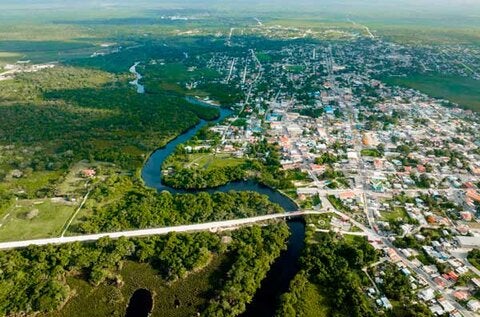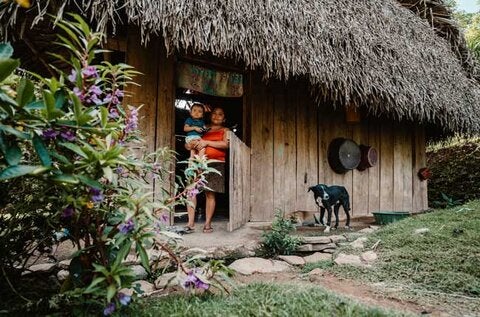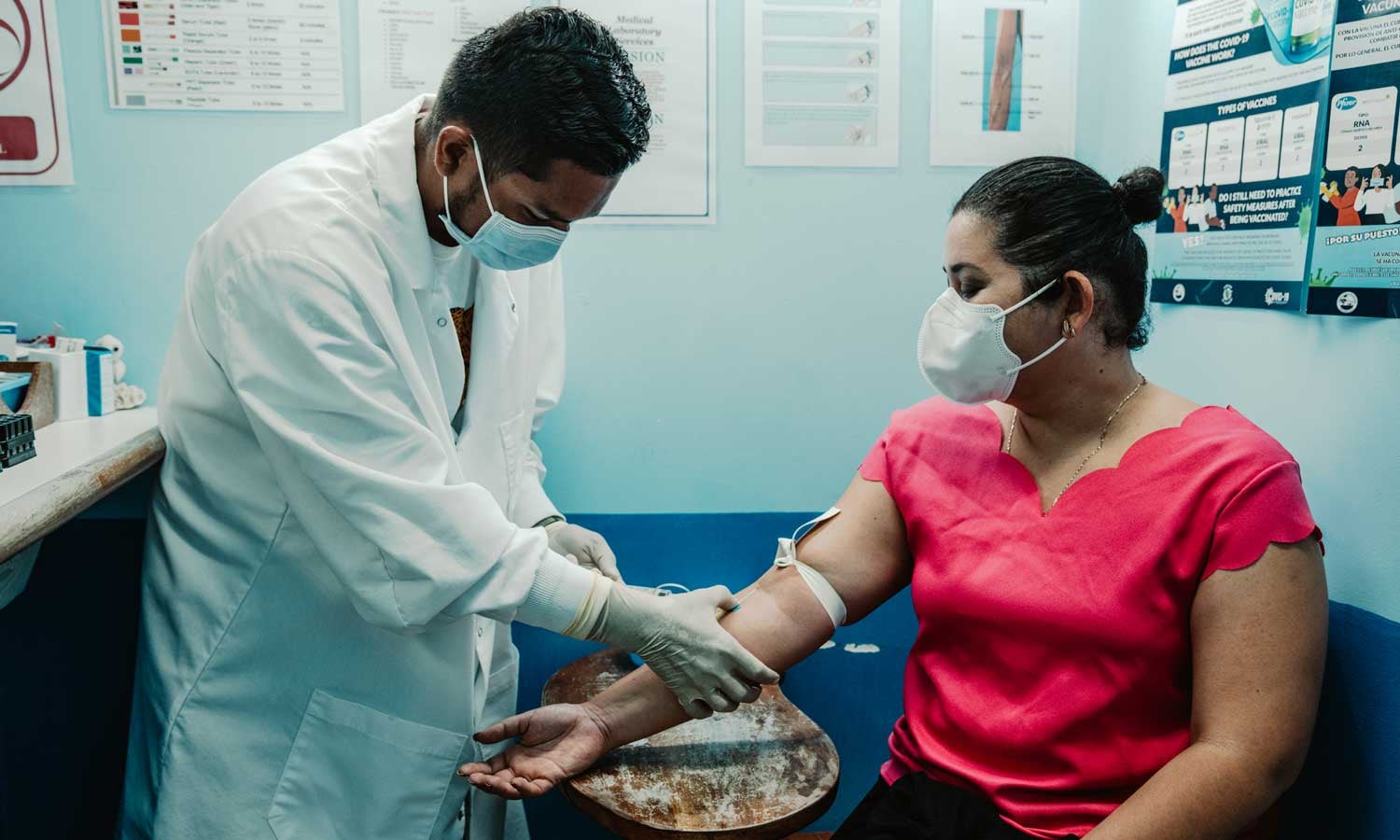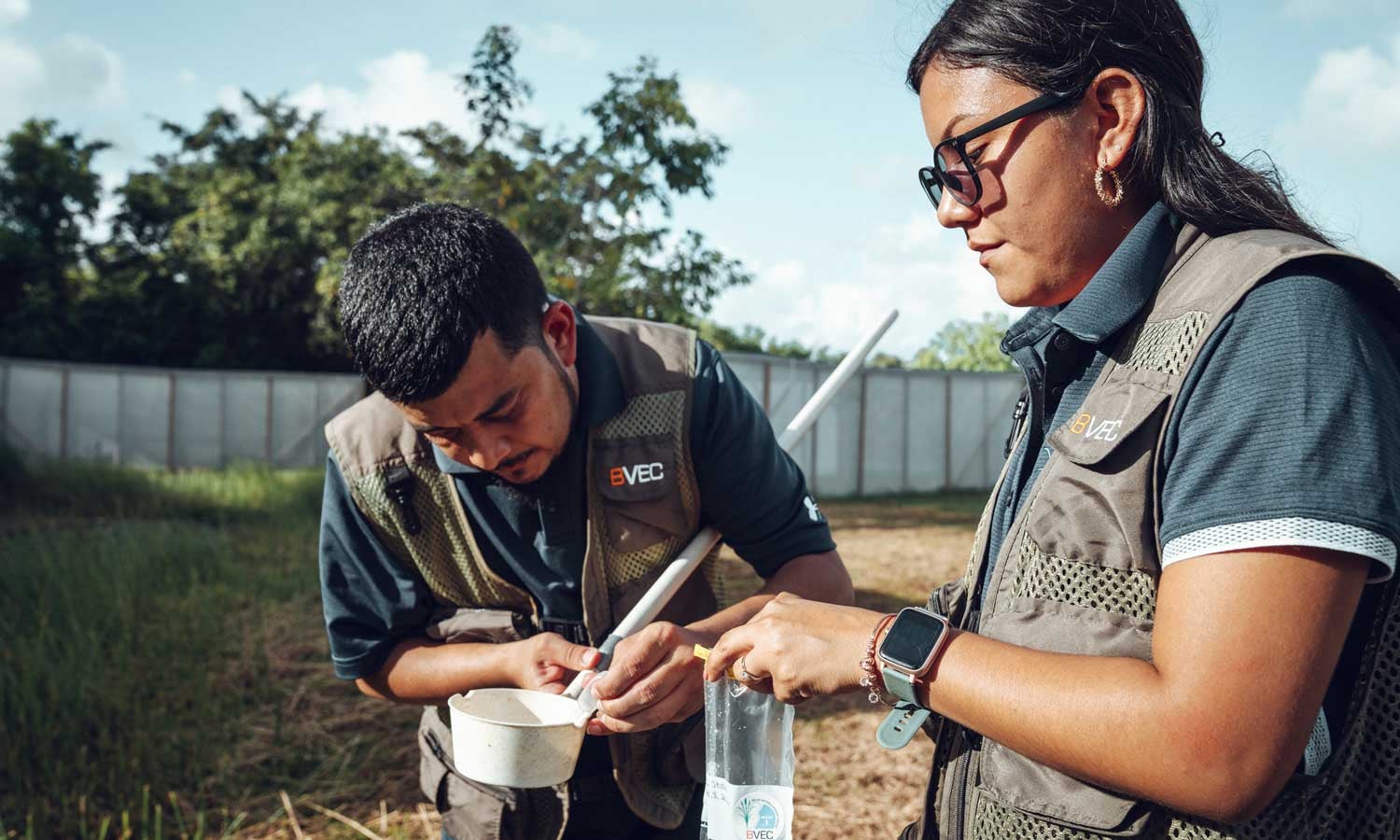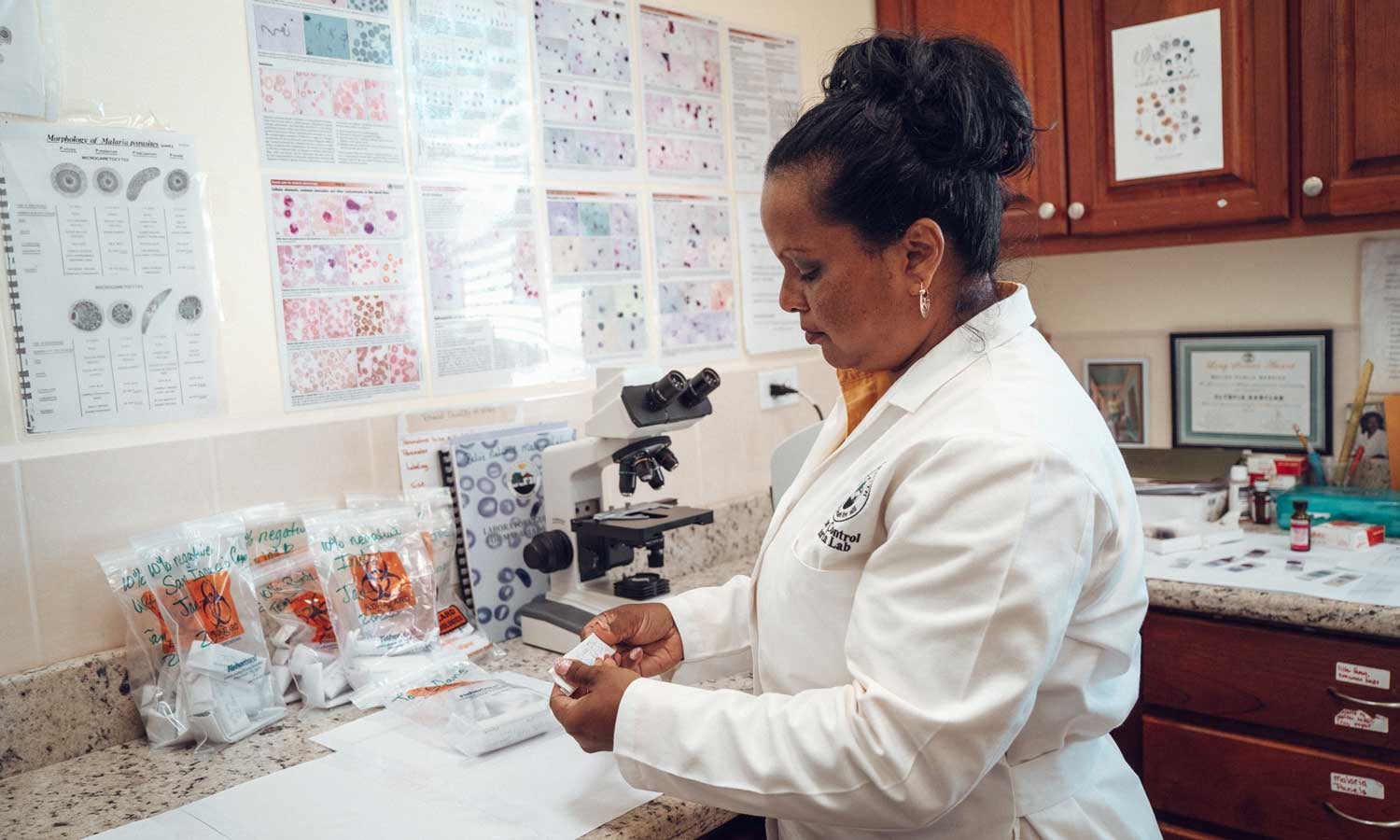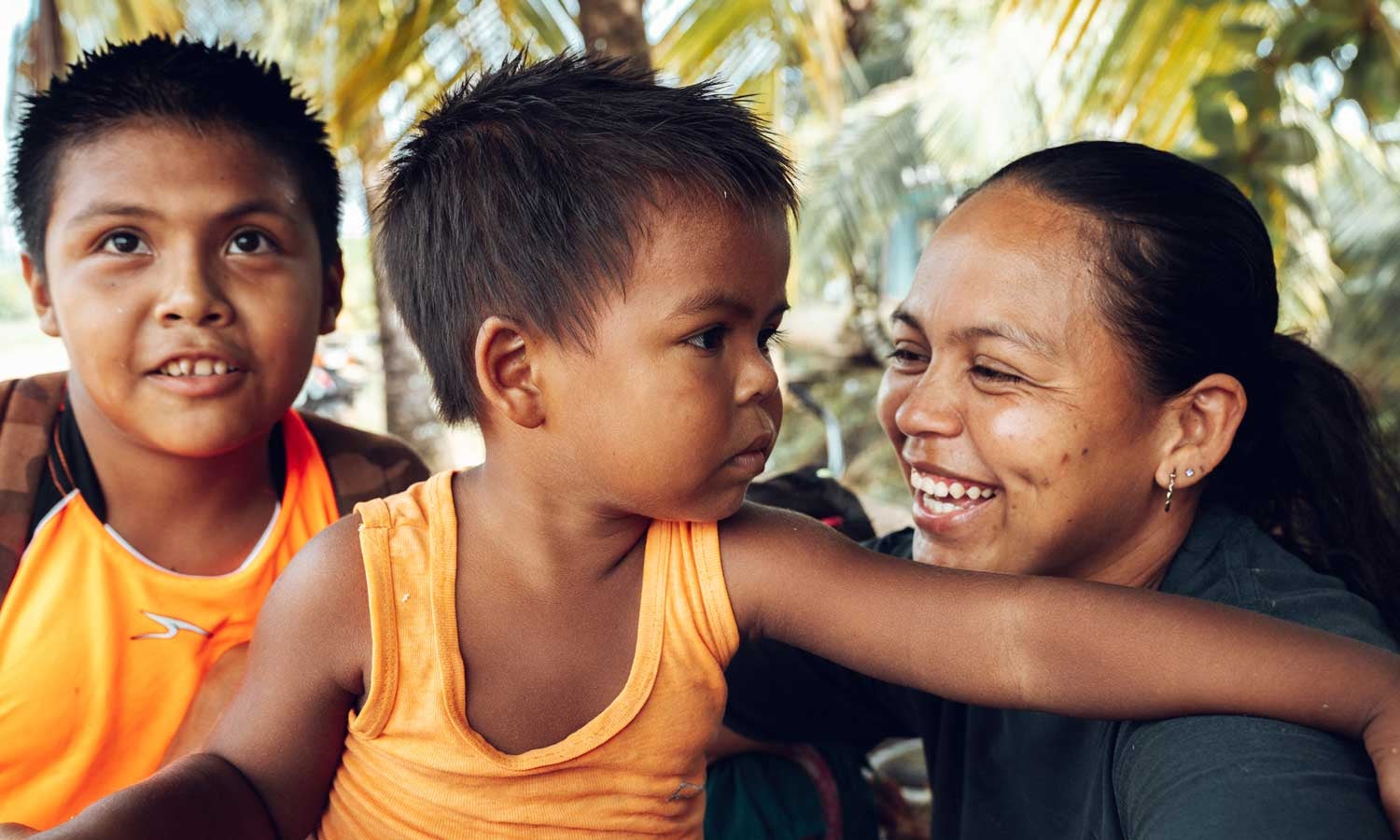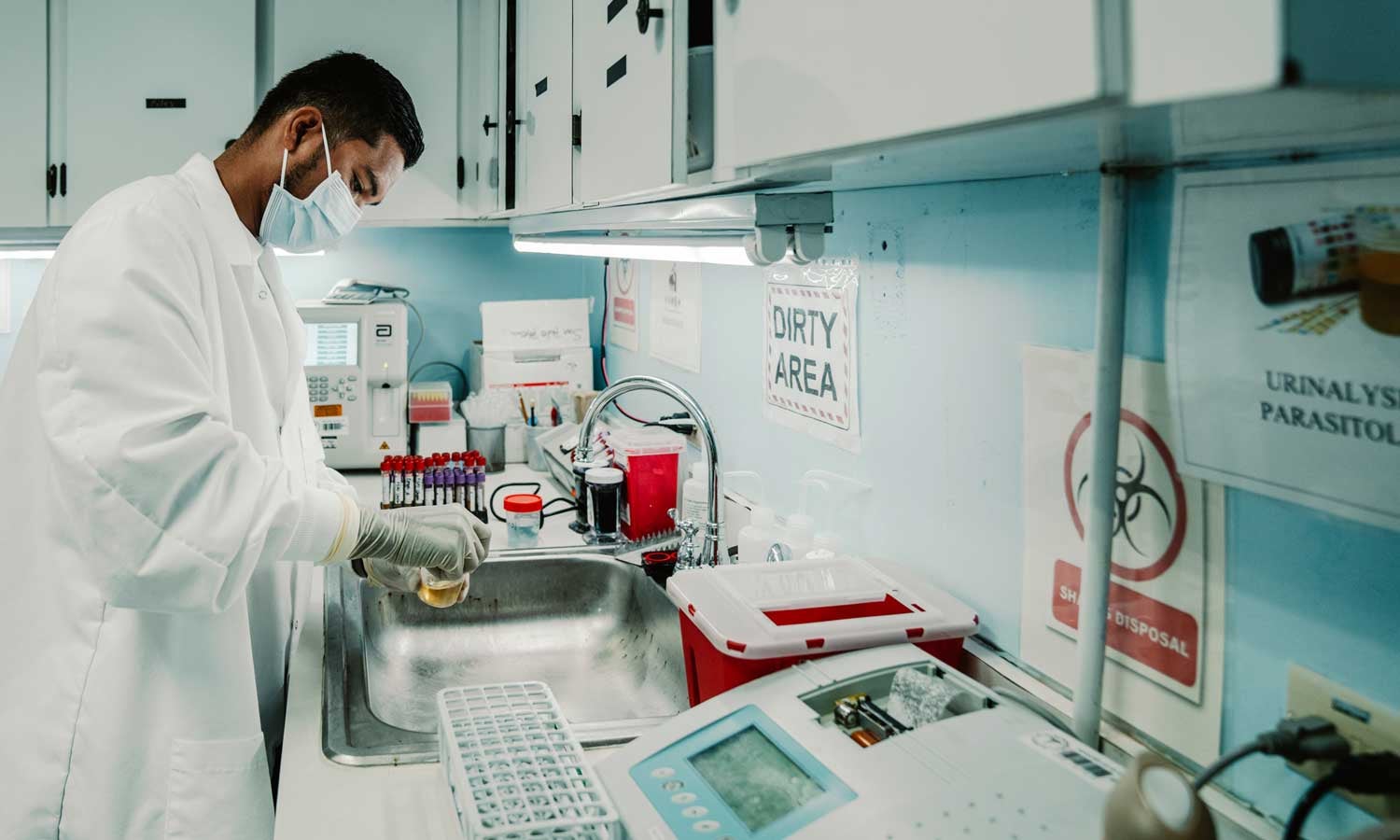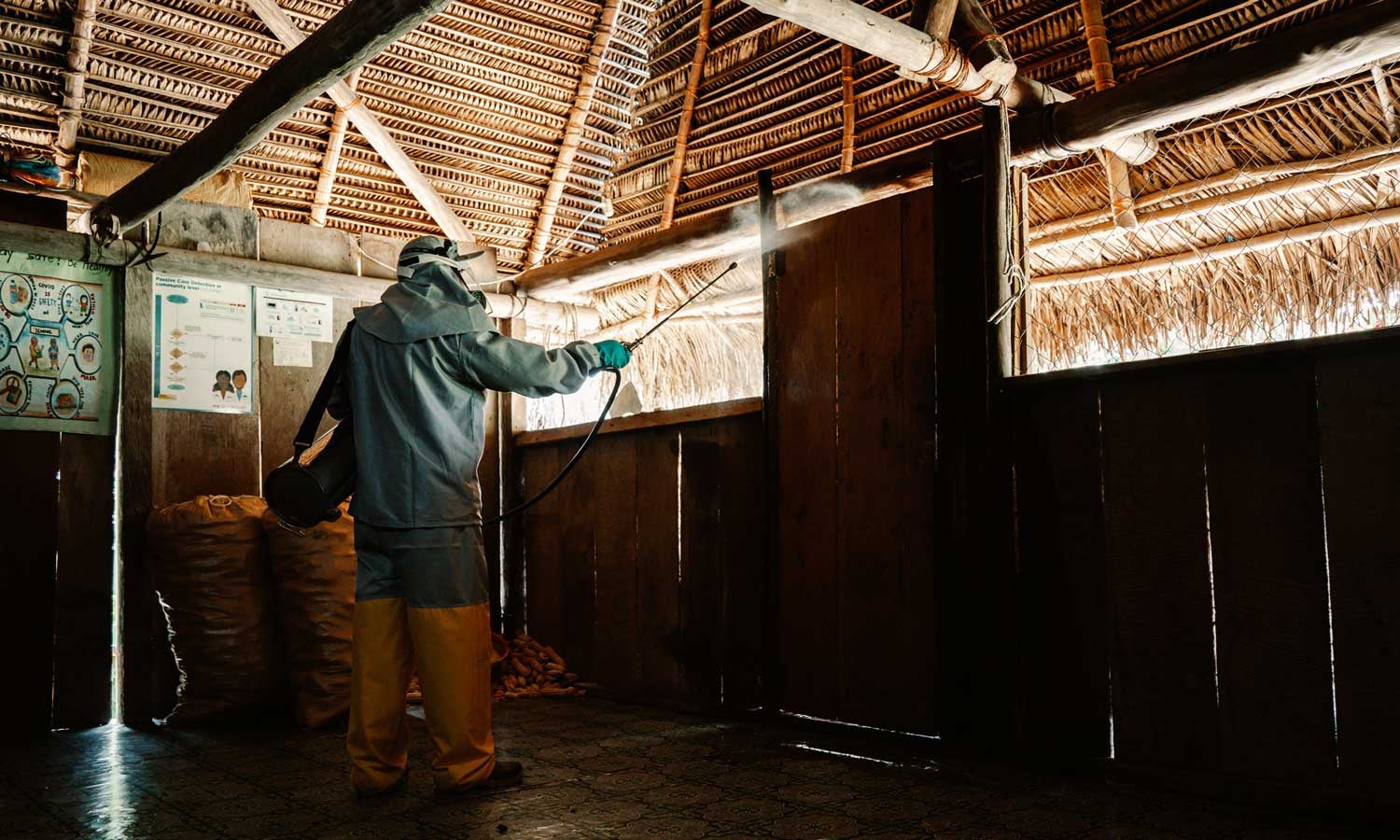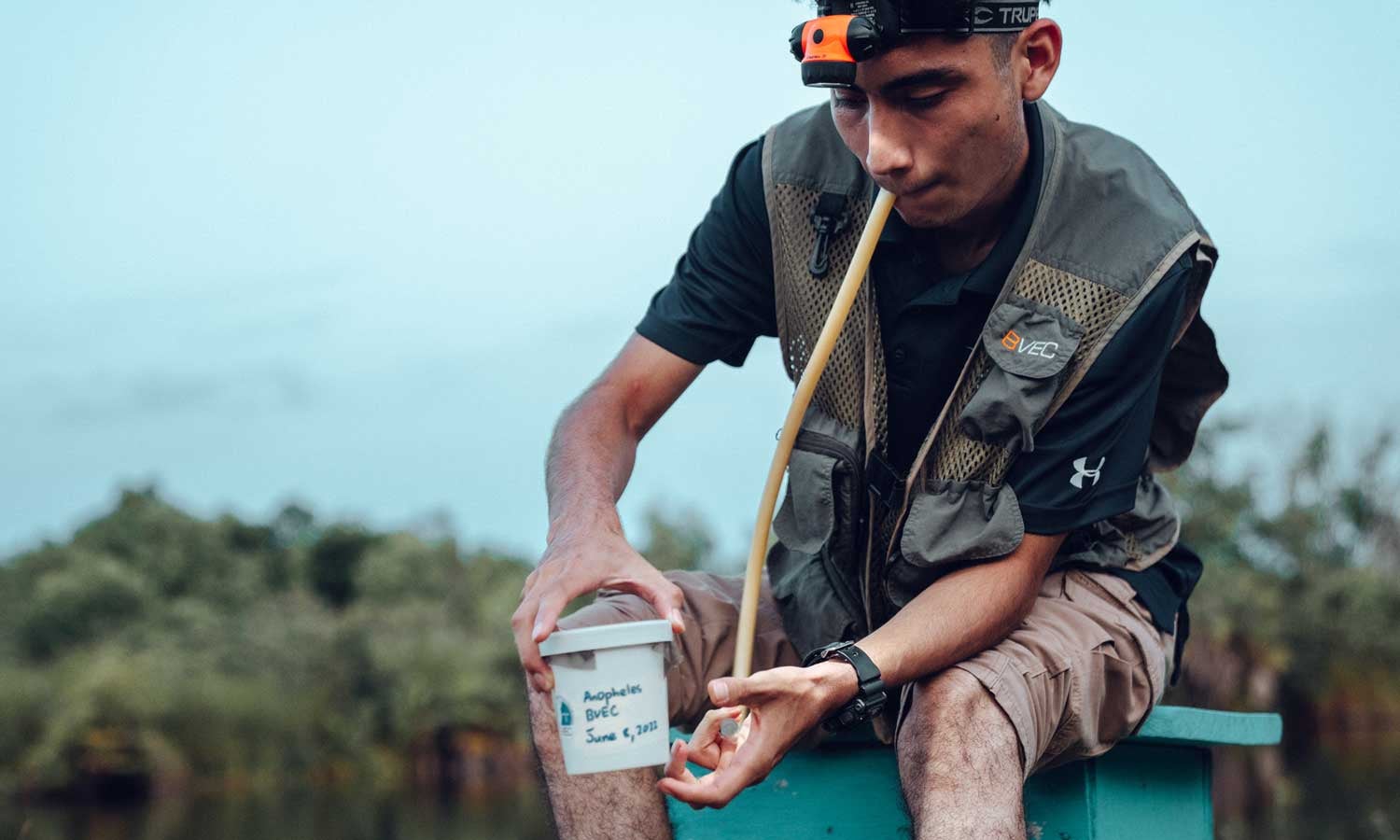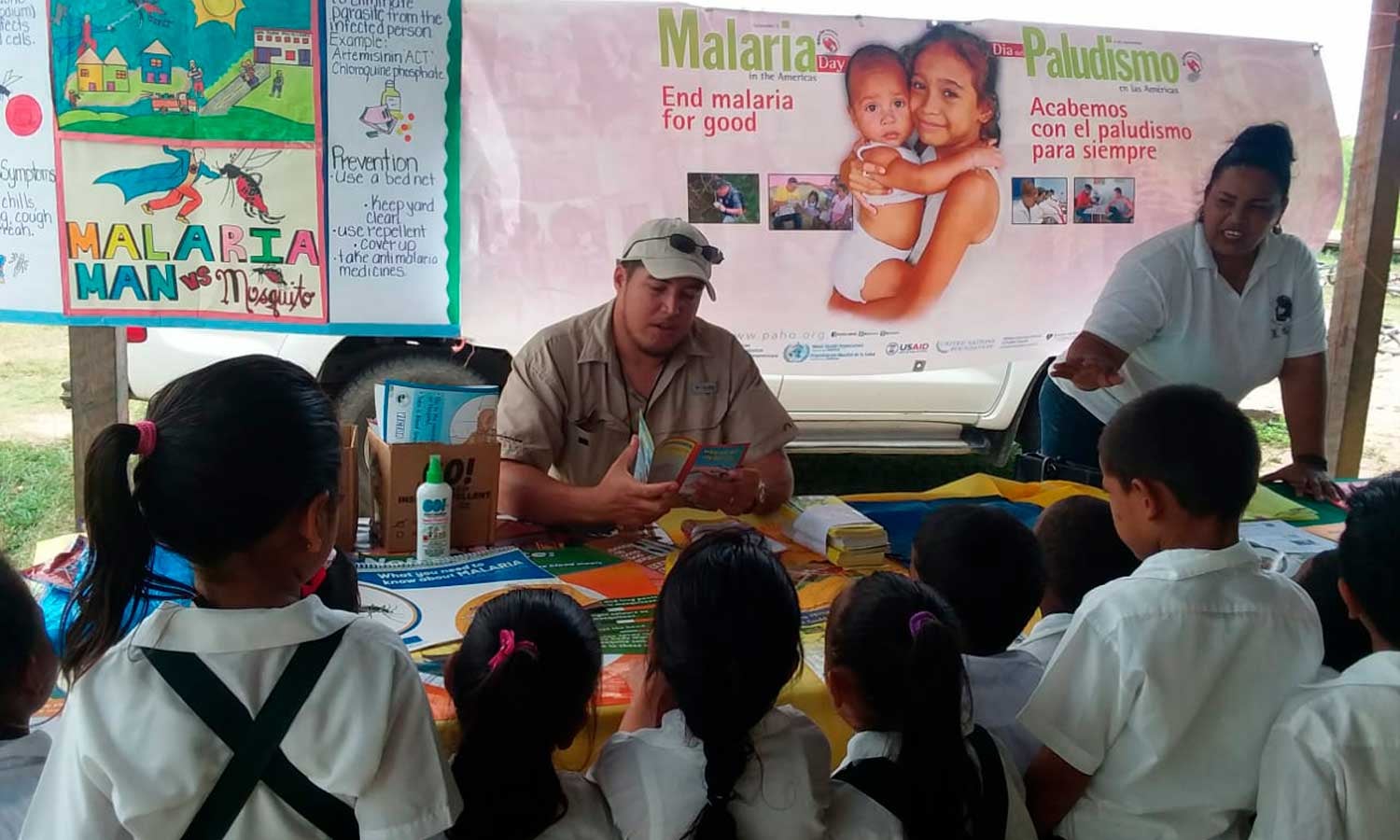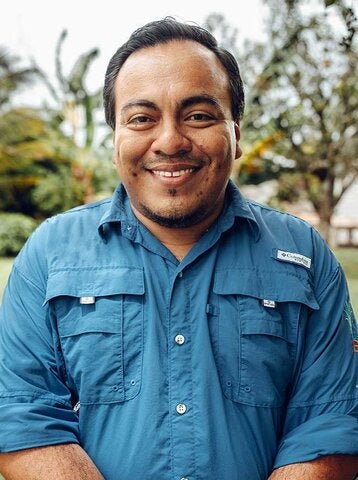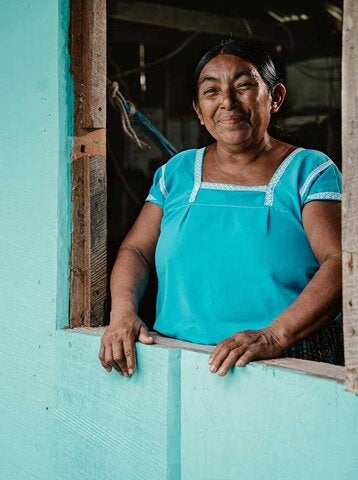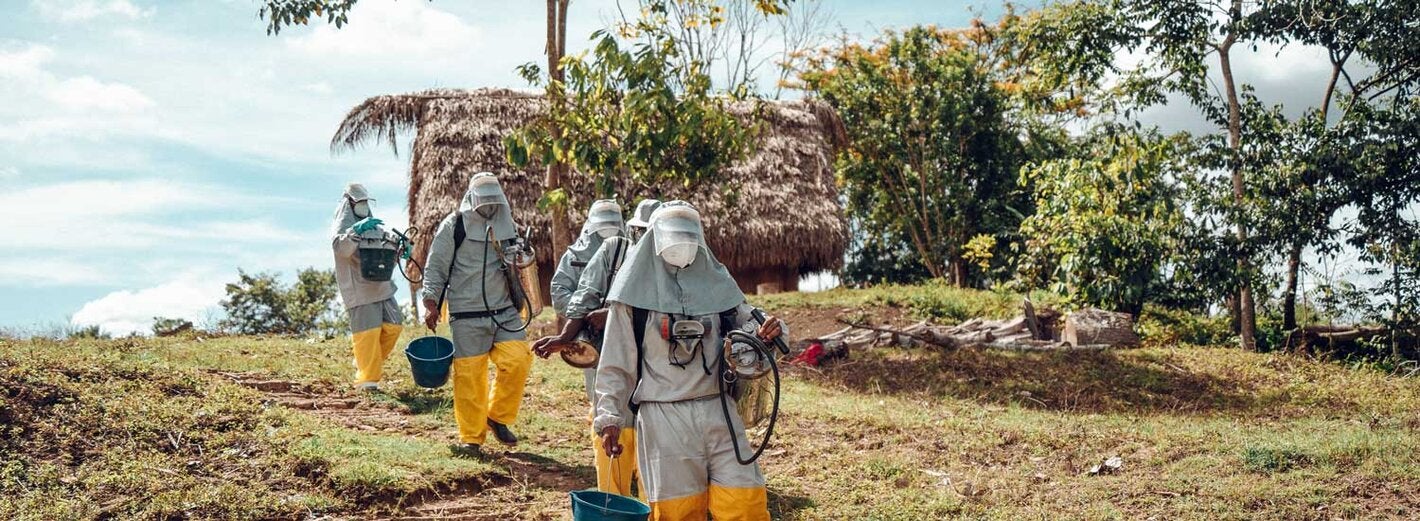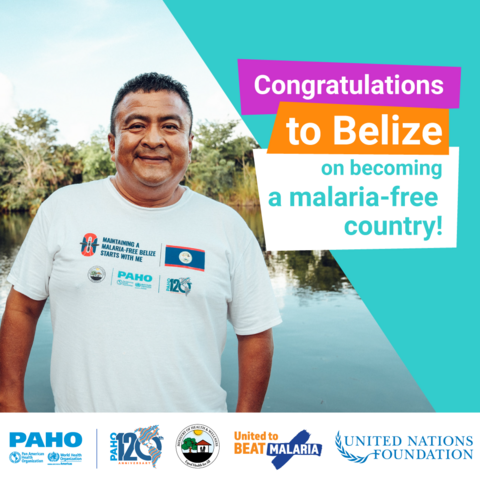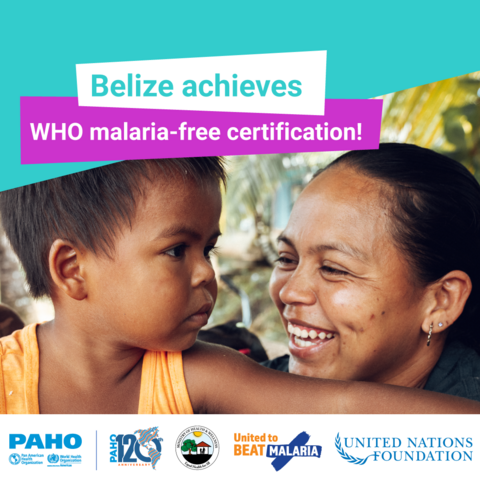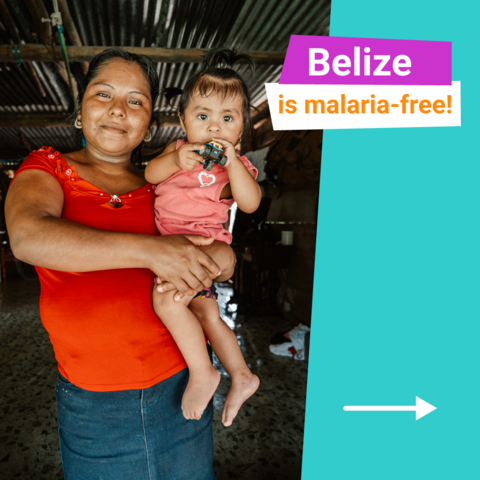Belize was certified as a malaria-free country by WHO in 2023.
With zero indigenous malaria cases since December 2018, the country continues investing in the prevention of the re-establishment of malaria transmission.
Belize’s malaria-free certification.
Q&A:
How Belize eliminated malaria?
Photo credit: Estefania Bravo/ UN Foundation
Recent history of malaria in Belize
Malaria was an important public health concern in Belize until recently due to frequent population movement of locals and migrants working in the agriculture, construction, and tourism industries, and environmental conditions favorable for mosquito breeding.
In the late 1980s until the mid-1990s, the country had thousands of malaria cases, which started to steadily decline afterwards.
The last mile towards malaria elimination
The last death due to malaria was reported in 2006. The last indigenous malaria case was reported in December 2018.
Belize became the second country in Central America to be awarded a certification of malaria elimination by the World Health Organization (WHO).
Photo credit: Estefania Bravo/ UN Foundation
Actions invested by Belize to prevent the transmission of malaria
- Surveillance to ensure prompt diagnosis, treatment, investigation, and timely response,
- Vector control interventions in selected areas at higher risk of malaria importation,
- Multisectoral collaboration towards early detection of imported cases among seasonal workers,
- Training health staff to maintain malaria suspicion, including doctors, microscopists, nurses, community health workers, and voluntary collaborators,
- Education of the public on the early recognition of the signs and symptoms of malaria to timely seek appropriate attention.
Stories
Photo credit: Estefania Bravo/ UN Foundation
Working together until we eliminate malaria from the region
Kim Bautista works as the Chief of Operations of the MOHW's Vector Control Program. He has seen the progression of the malaria fight and feels proud of the work his team carries out in every corner of the country.
“Reaching malaria elimination, I think it’s a big accomplishment for Belize.
We have been working towards this goal for many years, with the support of multiple partners and our neighboring countries.
We will continue this fight together because our people move through the borders, these are our brothers and our sisters, so we need to continue working together until we eliminate malaria from the region.”
Cultural and linguistic competency to provide health care to her people
Gladys Salam works as a CHW in Jalacte Village, Toledo District. Gladys is one of the Maya Q’eqchi people that live on the border with Guatemala. As an indigenous CHW, she has cultural and linguistic competency, as well as health knowledge, to provide health care to her people.
“When I was 10 years old, I saw a lady die from what seemed like malaria. That memory stayed with me.
Back in the day, it was very hard, rough for us. I don’t like to see my people sick, struggling.
I decided to become a CHW because I wanted to work for my people. Now it seems that things are changing, and we are getting help from one another.”
Photo credit: Estefania Bravo/ UN Foundation
Videos
Belize's fight against malaria.
Belize's multisectorial action against malaria.
Belize's health for all.
Belize's vector control program: Strategy to end malaria.
Communication Resources
Social media cards & carousel
Related links


